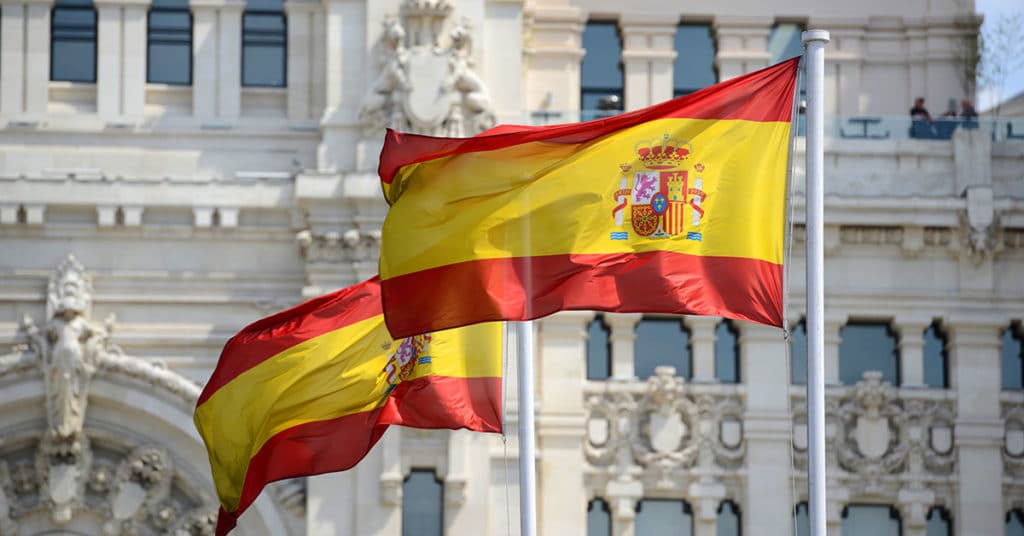Spain’s national day, La Fiesta Nacional de España, is October 12. It commemorates the day in 1492 when the first Columbus expedition claimed the Americas for Spain.
The exact location is lost to the mists of time, but is believed to be one of the islands that today is the Bahamas. Rodrigo de Triana, a sailor on the expedition, was the first to see land. Columbus claimed the discovery to earn a reward, but he lied. It all began with a lie. This claim led to the Spanish Empire which in the Americas lasted until the Spanish-American War of 1898.
The day is controversial in the former colonies. We cherish our Spanish cultural heritage, but being colonized is a brutal experience that included the erasure of the rich cultural heritage of the Americas. The Spanish Empire made Spain rich ~ at the cost of Indigenous American, African Diaspora and Asian blood, and the destabilization of the First Nations of the Americas and many African countries. The political-economic-religious-social system that was left behind is dysfunctional. It’s designed so governments and the church can steal everything. We are still struggling to decolonize ourselves, so it is complicated.
Spain’s National Day 2023
The next Fiesta Nacional de España is Thursday, October 12, 2023.
La Fiesta Nacional de España

This day is a national holiday in Spain. Madrid usually celebrates with a military parade led by the king and prime minister.
The celebration started in 1935. It was then called “La Día de la Hispanidad,” a reference to Spain’s relations with its former colonies.
The Colonial Era is behind us, but it is striking how even today, people around the world take great pride in their Hispanic heritage. We still send our children to learn flamenco as a living expression of our roots.
Today the country with the most Spanish speakers is Mexico. The second most Spanish speakers are in the United States.
¡Viva España!
There is a Renaissance in Spanish Culture Today
Saturday, October 12, 2019 ~ Renowned Spanish director Pedro Almodóvar’s latest film Pain and Glory (Dolor y Gloria) is a semi-autobiographical story of three phases in his life. The film flows back and forth through his childhood in rural Spain, the peak of his success in the 1980s, and the present where he faces creative block and the question of what should a successful old man do next in life?
The story is also a loose allegory of modern Spain. There was the isolation and backwardness of the Franco years (filled with the violence of Catholic Nationalism), followed by the success of the 1980s after the dictator fell, and a period of malaise after the Financial Crisis of 2008.
But Spain is reaching out into the world again. The young flamenco pop singer Rosalía was one of the first signs. She broke out in 2018. Her youthful exuberance is filled with flamenco tradition that also breaks flamenco tradition. Purists don’t like her. She is from Catalonia, not Andalusia. The flamenco community in Spain is very traditional. But Rosalía got everybody singing and dancing flamenco again. Almodóvar found his muse again. Spain is conquering the world once more. This time not with force, but with passion and creativity. ¡Viva España!
